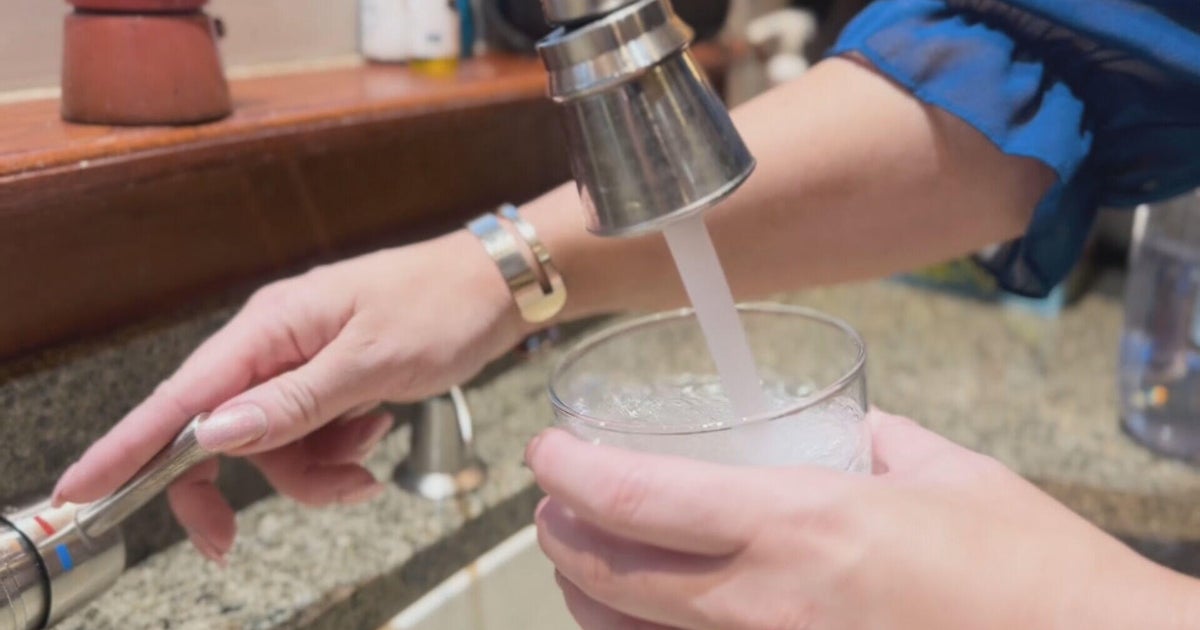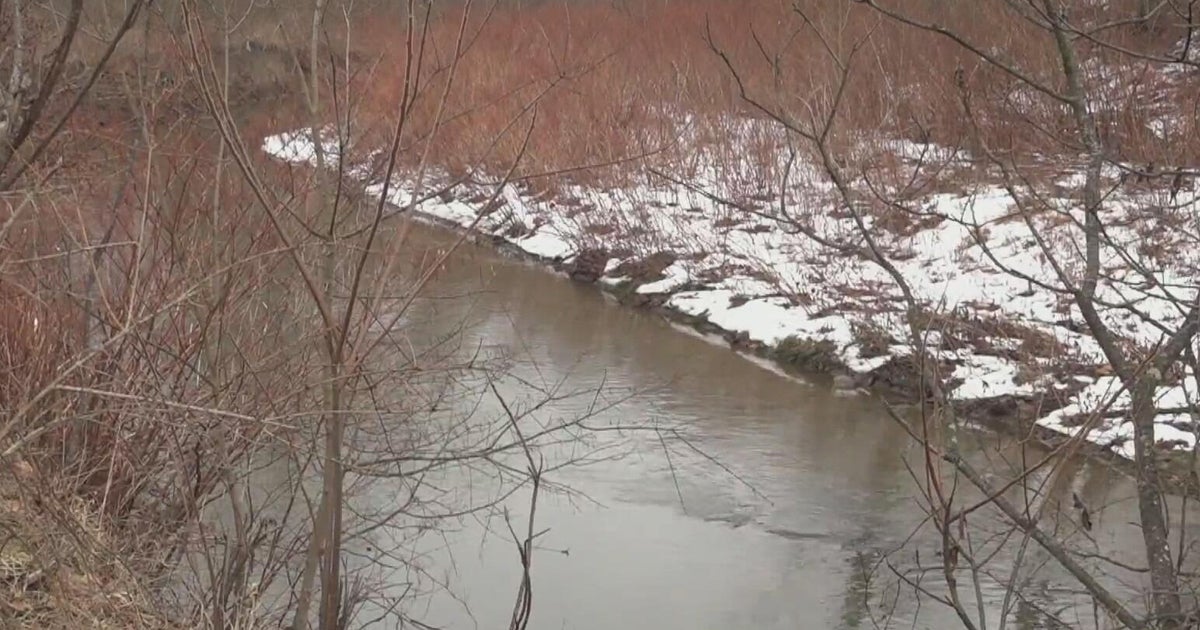CBS11 Hires Independent Water Quality Tester
PLANO, Texas (CBSDFW.COM) - Environmental activist Erin Brockovich meets with officials at the North Texas Municipal Water District Thursday after she and residents expressed concerns about the water quality..
Before her meeting, CBS11 revealed results of a water test we had conducted.
Both the city of Plano and the water district say the water meets all federal and state standards.
Cristy Brown says last month, she became concerned about her family's health, after she smelled chlorine in the tap water. "We stopped drinking tap water until we are sure that it is safe to drink and it doesn't have the strong smell."
Brown agreed to have her tap water tested by CBS11.
She lives northwest of Central Expressway and the Bush Turnpike.
AquaKnow did the test during the one-month period in which Plano's water supplier, the North Texas Municipal Water District only used chlorine to disinfect its water so it could prepare to kill bacteria during the hot summer months.
The rest of the year, the district uses a mix of chlorine and ammonia called chloramines.
We tested for the disinfectant byproducts produced by the chlorine, which are carcinogens.
The water district has said if there is prolonged exposure to them, they could cause health problems.
Debra Burden owns AquaKnow, the firm we hired in Fort Worth.
Burden sent the water to the National Testing Laboratories, Ltd. In Cleveland, Ohio.
She said, "Where we see concerns is the total HAA's."
Results show one disinfectant byproduct called H-A-A's or haloacetic acids were .062 milligrams per liter, -- slightly higher than the federal limit of .060 milligrams per liter.
But the federal government says the yearly average must be lower than the limit, not just one test.
We also tested for T-H-M's or trihalomethanes, another disinfectant byproduct.
The level was .033 milligrams per liter, much lower than the federal limit, .080 milligrams per liter.
Burden says, "So the THM's came back really good."
She says if residents are concerned, they should install a filtration system that would reduce those byproducts. "Typically, the levels would be lower if they had a filtration system because they would be filtering out those byproducts."
Burden recommends before installing a proper filtration system, people should test the composition of the water, and then test the water again after installation to make sure the new system is working.
As for Cristy Brown, she says she's concerned the H-A-A's are higher than the federal limit, but overall, "I was definitely expecting it to be more out of limits, especially after just the amount of public outcry that there's been about it."







